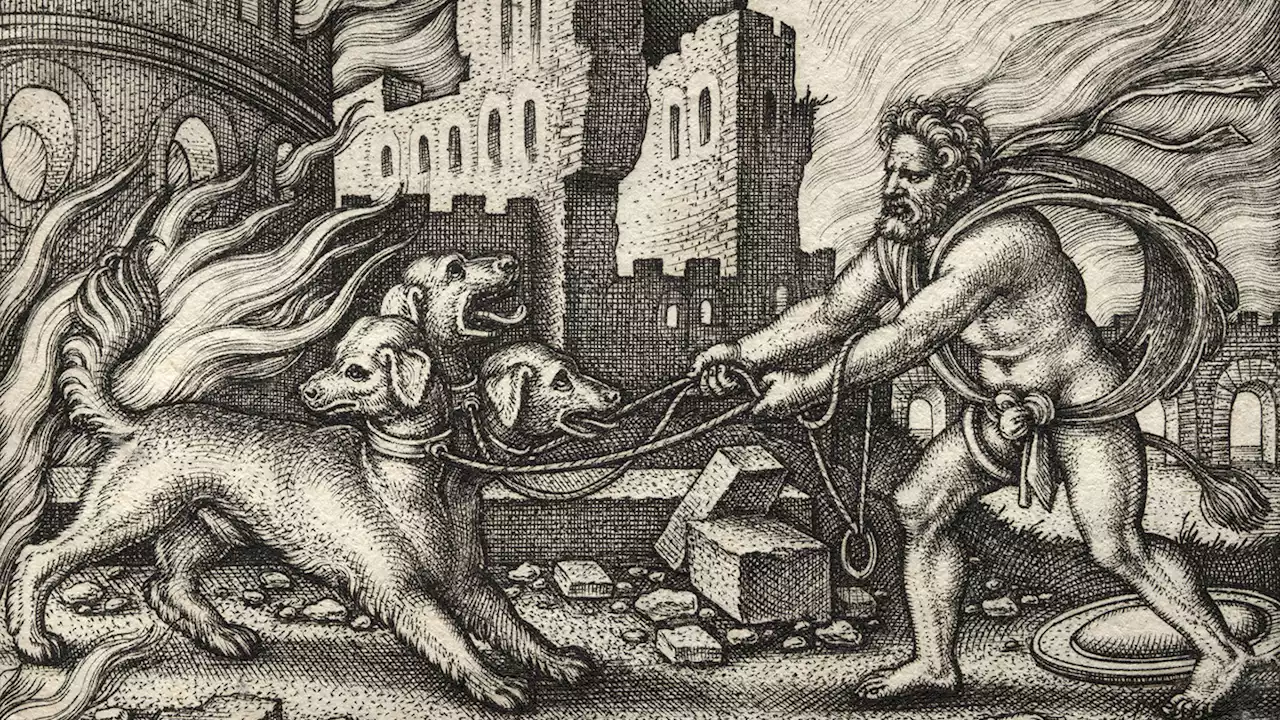New research clarifies a debate over how many times donkeys were tamed, and reveals that donkeys never became inbred in the way that horses have been.
. But relatively little work has been done on donkey domestication, in part because they are not central to life in industrialized countries today, says Fiona Marshall, an anthropologist at Washington University in St. Louis who was not involved with the work. That’s an oversight, she says. “Their domestication transformed society. They were the first land-based transport.” In many parts of the world, they still serve that role.
To better understand the origins of these humble beasts of burden, evolutionary biologist Ludovic Orlando from Paul Sabatier University—who has spent years working out the domestication history of horses—turned to donkeys. Working with Evelyn Todd in his lab and colleagues from 37 laboratories, they evaluated the genomes of 207 modern donkeys from around the world and sequenced DNA from the skeletons of 31 early donkeys, some dating as far back as 4000 years.
A previous study, analyzing a relatively small amount of modern DNA from hundreds of donkeys, had suggested the equines had been. Those researchers teamed up with Orlando and Todd to reanalyze their findings in light of the new, much larger data set. They used computer models to crunch the donkeys’ genetic and geographic data to estimate how they related to one another.
Nine of the early donkey genomes came from an archaeological site in northeastern France that was the site of a Roman villa between 200 and 500 C.E., which seems to have housed a donkey breeding center. The new genetic data show Romans interbred African and European donkeys to create giant donkeys 155 centimeters tall—about 25 centimeters taller than a typical donkey.
Geigl still wonders whether donkeys may have been domesticated more than once. She thinks it will take even more ancient and modern genomes to verify that and to positively identify the wild ancestor of donkeys. However, “Even if several research questions remain in the shade, the paper sheds light in an unprecedented manner on the history of a very important societal asset.”doi: 10.1126/science.
United States Latest News, United States Headlines
Similar News:You can also read news stories similar to this one that we have collected from other news sources.
 South Africa halts orange exports to EU over fungal diseaseSouth Africa, one of the world's biggest citrus exporters, will voluntarily stop shipments of valencia oranges to the European Union (EU) from areas affected by a fungal disease, the citrus growers' association said on Wednesday.
South Africa halts orange exports to EU over fungal diseaseSouth Africa, one of the world's biggest citrus exporters, will voluntarily stop shipments of valencia oranges to the European Union (EU) from areas affected by a fungal disease, the citrus growers' association said on Wednesday.
Read more »
 A Contemporary Travel Guide to South AfricaWhy should you visit South Africa? Here's your guide to traveling throughout the 'rainbow nation.'
A Contemporary Travel Guide to South AfricaWhy should you visit South Africa? Here's your guide to traveling throughout the 'rainbow nation.'
Read more »
 DNA reveals donkeys were domesticated 7,000 years ago in East AfricaWhen and where donkeys were domesticated has been a long-standing mystery. DNA now reveals they were tamed much earlier than horses.
DNA reveals donkeys were domesticated 7,000 years ago in East AfricaWhen and where donkeys were domesticated has been a long-standing mystery. DNA now reveals they were tamed much earlier than horses.
Read more »
The battle against malaria in Africa has stalled. Can research in Mozambique explain why?The battle against malaria in Africa has stalled. Can research in Mozambique explain why—and how to get it back on track? LongReads
Read more »
 How mythology could help demystify dog domesticationHumans have always told stories about our dogs — and these tales can offer clues to the mystery of dog domestication, according to mythologist Julien_d_Huy
How mythology could help demystify dog domesticationHumans have always told stories about our dogs — and these tales can offer clues to the mystery of dog domestication, according to mythologist Julien_d_Huy
Read more »
 A Charli and Dixie D’Amelio Skin Care Line May Be Coming SoonThe sisters are just getting started building their empire.
A Charli and Dixie D’Amelio Skin Care Line May Be Coming SoonThe sisters are just getting started building their empire.
Read more »